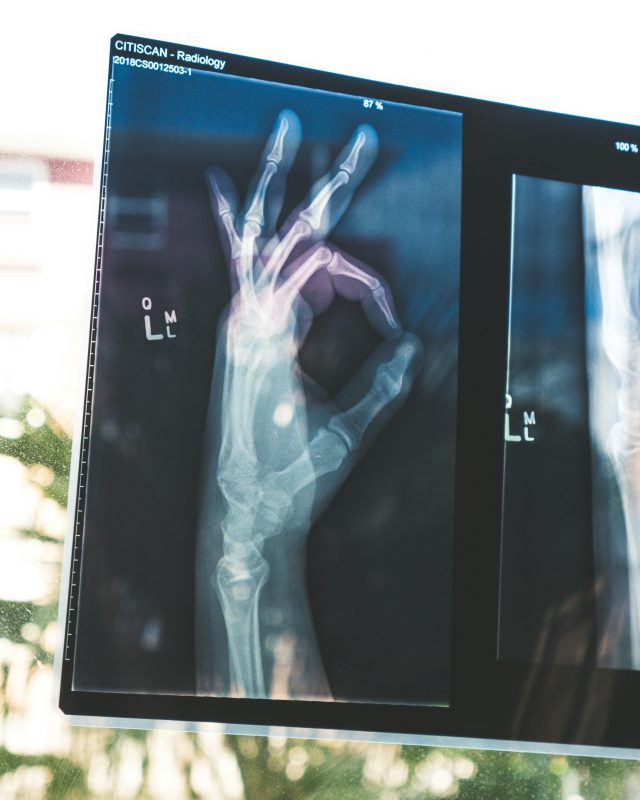Imagine a world where your furry friend’s eyes sparkle with vitality, their coat gleams with health, and their playful antics bring joy to your every day. This isn’t just a fantasy; it’s a reality you can create with the right knowledge and a touch of tender care. Welcome to our heartfelt guide on “,” where we’ll embark on a journey to unlock the secrets of keeping your beloved pets in the pink of health. Whether you’re a seasoned pet parent or a new guardian of a wagging tail or a purring companion, this article is your roadmap to nurturing a life filled with boundless energy and unconditional love. So, let’s dive in and discover how a little proactive care can lead to a lifetime of happy, healthy moments with your four-legged family members.
Nourishing Your Furry Friend: A Guide to Balanced Diets and Hydration
Ensuring your pet enjoys a balanced diet and stays hydrated is essential for preventing common health issues. A diet rich in high-quality proteins, essential fatty acids, and fiber can significantly boost their immune system and maintain a healthy weight. Make sure to include a variety of nutrient-dense foods in their meals:
- Lean meats like chicken, turkey, or fish for protein.
- Fresh vegetables such as carrots, peas, and spinach for vitamins and minerals.
- Whole grains like brown rice or quinoa for fiber.
Equally important is hydration. Fresh, clean water should always be available to your furry friend. Dehydration can lead to urinary tract issues and other serious health concerns. Consider adding wet food to their diet or using a pet water fountain to encourage them to drink more. By prioritizing a well-rounded diet and proper hydration, you’re setting the stage for a healthier, happier pet.

Keeping Paws and Claws Healthy: Essential Grooming Tips
Ensuring your pet’s paws and claws are in top condition is crucial for their overall health and happiness. Regular grooming can prevent a host of issues like infections, discomfort, and even behavioral problems. Here are some essential tips to keep those tiny toes and claws pristine:
- Trim Nails Regularly: Overgrown nails can cause pain and lead to misalignment of the joints. Use a pet-specific nail clipper and trim just the tip to avoid cutting into the quick.
- Paw Checks: Examine your pet’s paws for any cuts, scrapes, or foreign objects. Cleaning them with a damp cloth can help remove dirt and prevent infections.
- Moisturize Paw Pads: Dry, cracked paw pads can be uncomfortable for your pet. Apply a pet-safe moisturizer to keep them soft and healthy.
- Regular Baths: Bathing your pet helps keep their paws clean. Use lukewarm water and a gentle pet shampoo to avoid irritating their skin.
By incorporating these grooming habits into your routine, you’ll ensure your furry friend’s paws and claws remain healthy and happy, allowing them to explore the world without discomfort.

Active and Engaged: Exercise Routines to Keep Pets Fit and Happy
Maintaining an active lifestyle is crucial for your furry friend’s overall well-being. Engaging in regular exercise routines can significantly reduce the risk of obesity, joint issues, and mental stress in pets. Here are some fun and effective ways to keep your pet fit and happy:
- Interactive Play: Use toys like feather wands for cats or fetch balls for dogs to stimulate their natural hunting instincts.
- Daily Walks: A consistent walking schedule not only provides physical exercise but also mental stimulation through new scents and sights.
- Agility Training: Set up a mini obstacle course in your backyard to challenge your pet’s agility and coordination.
- Swimming: Many dogs love water activities. Swimming is a low-impact exercise that’s great for pets with joint issues.
- Interactive Puzzles: Puzzle toys can keep your pet mentally engaged and physically active as they work to retrieve treats.
By incorporating these activities into your pet’s daily routine, you can help them stay healthy, happy, and full of life.

Spotting the Signs: Early Detection and Regular Vet Visits
One of the most crucial steps in safeguarding your pet’s health is by being vigilant about their well-being and scheduling regular vet visits. Early detection of potential health issues can significantly improve the chances of effective treatment and recovery. Look out for subtle changes in your pet’s behavior, such as:
- Altered Eating Habits: Sudden loss of appetite or excessive eating can be a red flag.
- Unusual Lethargy: If your pet seems unusually tired or less playful, it might be time for a check-up.
- Changes in Grooming: Excessive scratching, licking, or grooming can indicate underlying issues.
- Weight Fluctuations: Rapid weight loss or gain should never be ignored.
Regular vet visits are the cornerstone of preventative care. These appointments allow for routine screenings and vaccinations, which are essential in catching potential problems early on. A trusted veterinarian can offer tailored advice on nutrition, exercise, and other aspects of pet care, ensuring your furry friend stays in optimal health.


































